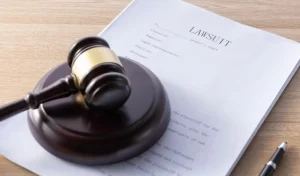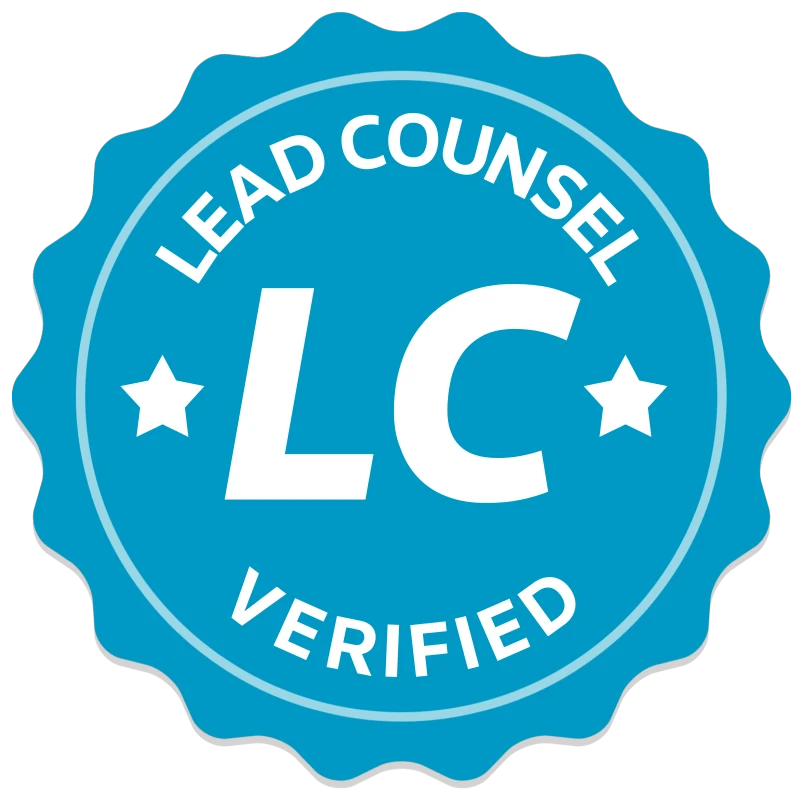
In today’s legal landscape, class action lawsuits have become increasingly prevalent, allowing groups of individuals with similar claims to join forces and pursue justice collectively. This article will delve into the intricacies of class action lawsuits, providing a comprehensive understanding of what they are, how they work, and their significance in the legal realm.
Introduction to Class Action Lawsuits
Class action lawsuits, often referred to as collective actions or representative actions, are legal proceedings in which a group of individuals who have suffered similar harm or injustice join together to sue a defendant. This lawsuit, which has been certified and is being pursued on behalf of a group of similarly situated plaintiffs, alleges that a major company is liable for certain claims made by members of the class. These legal actions are a crucial component of the US law system, addressing grievances that span both federal and state courts. Stay informed about class action developments by following law reviews and the involvement of law firms.
For a free legal consultation, call 404-951-3513
The Key Elements of a Class Action Lawsuit
There are several key elements that are necessary for a class action lawsuit to proceed:
1. Common Legal Issue:
There must be a common legal issue or claim that affects a group of individuals. This issue must be central to the case and shared by all class members.

Click to contact our personal injury lawyers today
2. Numerosity
The class must be large enough to make individual lawsuits impractical. While there is no strict rule regarding the minimum number of class members, courts generally require a significant number of individuals to qualify as a class.
Complete a Free Case Evaluation form now
3. Class Representative
A class representative, also known as the lead plaintiff, is an individual who initiates the lawsuit on behalf of the entire class. This person must have a legitimate claim and adequately represent the interests of the group.
4. Commonality
The common legal issue must be shared by all class members and must be a central focus of the lawsuit. There needs to be enough commonality to ensure that the resolution of the issue for the representative party will also adequately resolve the issue for the rest of the class members.
5. Typicality
The claims of the class representative must be typical of the claims of the class members. This means that the representative’s claims should be similar enough to the claims of the class as a whole that their individual interests align with the interests of the class.

6. Superiority
A class action lawsuit must be the superior method for resolving the dispute compared to other available options. This is typically determined by considering factors such as the number of potential class members, the potential for inconsistent results in individual lawsuits, the ability of class members to litigate individually, and the advantages of judicial efficiency and economy achieved through class action litigation.
7. Notice and Opt-Out:
When a class action lawsuit is certified by the court, notice must be given to all potential class members. This notice provides information about the lawsuit, the rights of class members, and the opportunity to opt-out of the class if they wish to pursue individual claims. Opting out allows class members to pursue their claims independently.
Overall, these elements are crucial for a class action lawsuit to be certified and proceed as an effective means of resolving a legal dispute for a large group of individuals.

Class Action Settlement and Financial Services
Class action lawsuits are often filed in cases involving consumer fraud, defective products, securities fraud, and employment discrimination, among others. If the settlement is approved by the court, it typically involves financial compensation for the members of the class who have been harmed. In addition to monetary compensation, other types of relief may also be provided, such as changes in business practices or the implementation of new safety measures. Class action settlements can be beneficial for both the plaintiffs and defendants involved, as they allow for a more efficient resolution of multiple claims in a single lawsuit.
Litigation in Class Action Settlements
Litigation in class action settlements can be a complex and lengthy process. Litigation may arise during this process if there are objections to the settlement or if there is disagreement on the distribution of the settlement funds. These disputes can lead to court hearings and additional negotiations.
It is common for attorneys representing different class members to argue for their client’s interests and push for a better resolution. The court typically evaluates the adequacy of the settlement by considering factors such as the strength of the plaintiff’s claims, the potential risks and expenses of continued litigation, and the amount being offered to each class member.
Overall, litigation in class action settlements helps safeguard the rights and interests of the class members while aiming to provide a fair and just resolution to the underlying legal issues.
Notable Class Action Lawsuits to Join
Throughout history, several high-profile class action lawsuits have garnered significant attention. Some examples include:
- Tobacco Industry Lawsuits: Class actions against tobacco companies seeking compensation for health-related damages caused by smoking.
- Pharmaceutical Litigation: Cases against pharmaceutical companies for harmful side effects of drugs.
- Consumer Protection: Suits against companies for deceptive advertising or faulty products.

Conclusion
In summary, class action lawsuits serve as a crucial legal tool for addressing collective grievances and holding wrongdoers accountable in federal court. They enable individuals to unite their claims, making it more practical and cost-effective to seek justice, and often involve class certification. While they have their advantages and disadvantages, class action lawsuits continue to play a vital role in our legal system. Keeping up with the latest legal news, you can stay informed about proposed class actions and your rights to file a lawsuit or opt out of the class when necessary.
Frequently Asked Questions (FAQs)
1. How do I know if I qualify to be part of a class action lawsuit? To determine your eligibility, you should review the notice provided to potential class members. It will outline the criteria for inclusion, and you can choose to opt-out if you prefer not to participate.
2. Are class action lawsuits only about financial compensation? No, class action lawsuits can seek various remedies, including injunctive relief, policy changes, and financial compensation, depending on the nature of the case.
3. Can I still pursue an individual lawsuit if I’m part of a class action lawsuit? In some cases, you may have the option to pursue an individual lawsuit if you’re dissatisfied with the class action’s outcome. Consult with an attorney to explore your options.
4. How long does a class action lawsuit typically take to resolve? The duration of a class action lawsuit can vary widely, from a few months to several years, depending on the complexity of the case and other factors.
5. Where can I get more information about ongoing class action lawsuits? You can find information about ongoing class action lawsuits through legal websites, news sources, and by consulting with an attorney specializing in class actions.
Call or text 404-951-3513 or complete a Free Case Evaluation form









